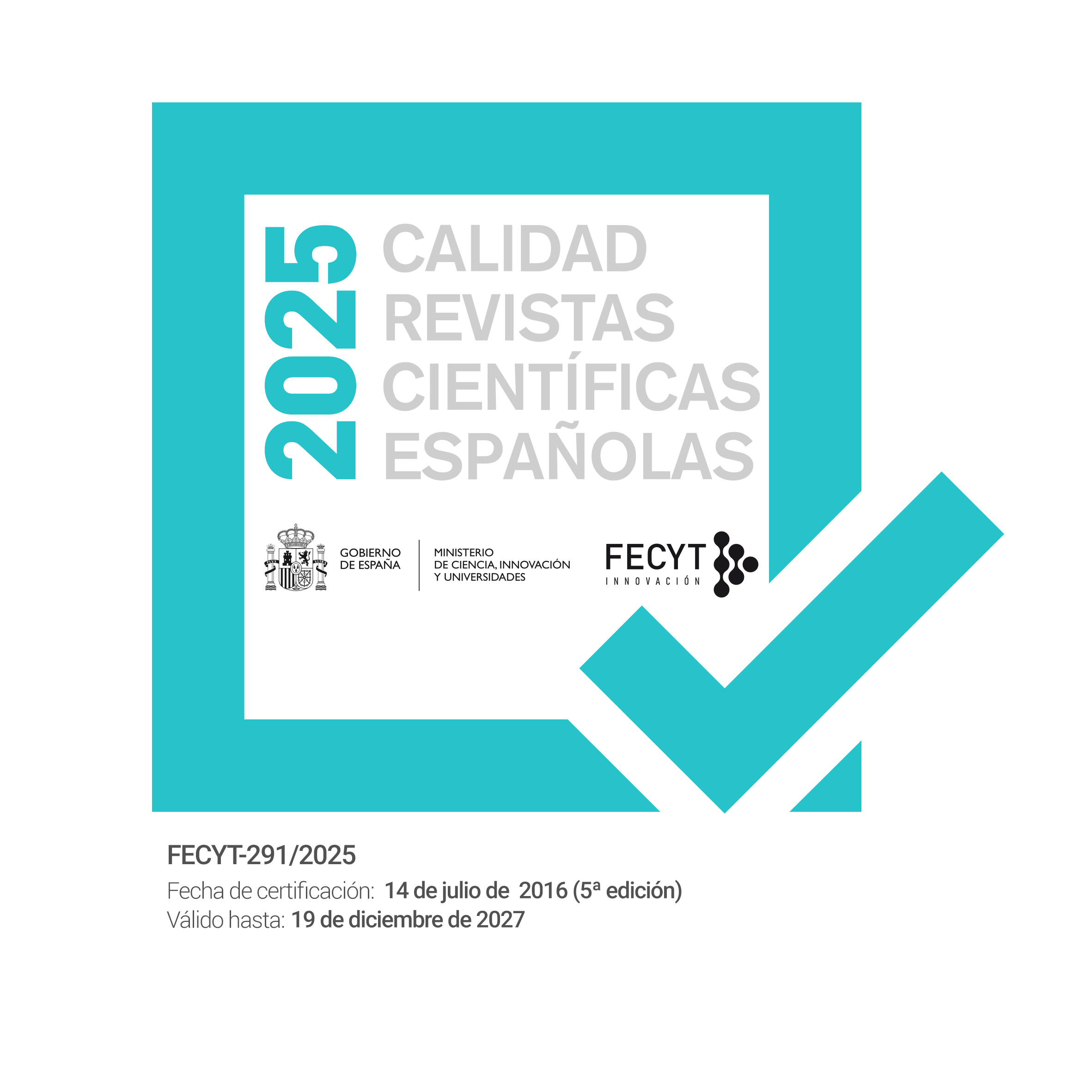Aprendizaje permanente del profesorado y TIC. Una experiencia de cooperación al desarrollo en Nicaragua, Paraguay y República Dominicana.
Keywords:
Educación Inclusiva, Tecnologías de la Información y la Comunicación, Educación Especial, Formación permanente del profesorado, Alumnos con Necesidades Educativas Especiales, Cooperación al desarrollo.Abstract
La acción formativa que se presenta, tuvo su origen en la demanda realizada por los Ministerios de Educación de República Dominicana, Nicaragua y Paraguay, para cubrir una necesidad formativa detectada. Se solicitó el diseño y puesta en práctica de un modelo formativo para docentes, sobre Educación Inclusiva, utilizando el apoyo de las Tecnologías de la Información y la Comunicación (TIC). A través de un proyecto de Cooperación al Desarrollo de la Universidad Complutense de Madrid se pusieron en marcha las acciones necesarias que han permitido diseñar el modelo organizativo y formativo, los contenidos, los recursos y poner en marcha el curso, que se desarrolló por primera vez el año 2006 y actualmente se está realizando la segunda edición.Downloads
Downloads
Published
Issue
Section
License
Authors who publish in this journal accept the following conditions:
1. The Author retains copyright in the article. Upon acceptance of the article, the author shall grant to the Publisher the right of first publication of the article. with the dcoument registered with the Creative Commons Attribution-NonCommercial-NoDerivative 4.0 International (CC BY-NC-ND) license, which allows to third parties to use what is published whenever they mention the authorship of the work and the first publication in this journal.
2. Authors can make other independent and additional contractual agreements for the non-exclusive distribution of the article published in this journal (eg, include it in an institutional repository or publish it in a book) provided they clearly indicate that the work was published for the first time in this journal.
3. Authors are allowed and recommended to publish their work on the Internet (for example on institutional or personal pages) before and during the review and publication process, as it can lead to productive exchanges and a greater and faster diffusion of published work (see The Effect of Open Access).








